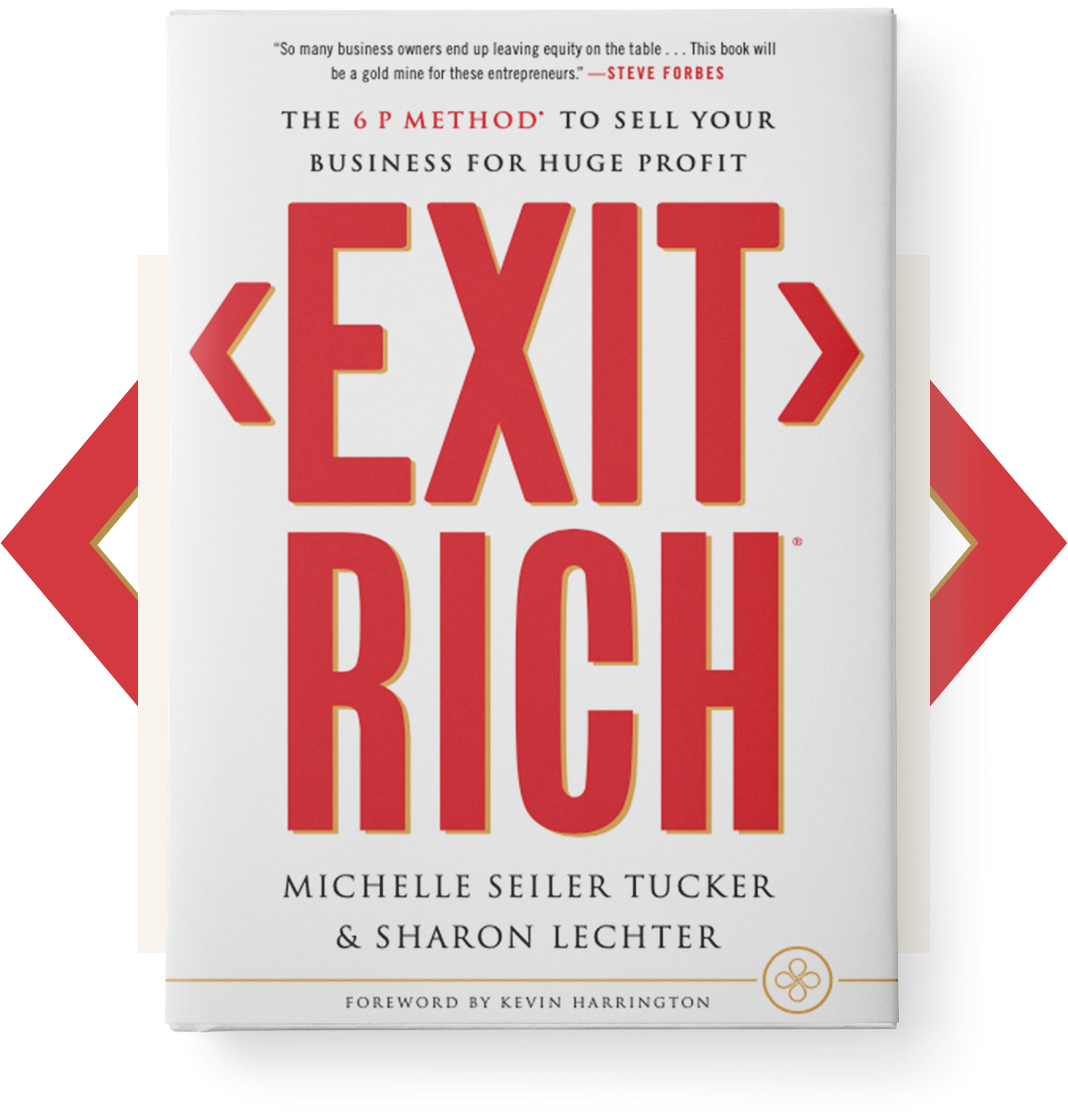When selling your company, one of the most important questions to consider is what type of business you are and whether you are selling a business or a job. Different types of businesses require different relationships or involvement levels with their owners. This affects the types of buyers that will be attracted to the sale as different advantages and risks appeal to different people. Therefore, it is important to know which category you want your business to be in before you bring it to the market. Generally, there are seven different types of businesses:
- Dreamer businesses
- Established businesses
- Absentee businesses
- The one-man or one-woman show
- Small businesses
- Small to medium companies
- Middle-market or larger companies.
1. Dreamer Businesses
Dreamer businesses are by far the most common type of enterprise. Dreamers are entrepreneurs that start their business based on their passion and believe money will follow if they do what they love. However, this dreamer plan is often flawed as there is a lack of due diligence and research performed beforehand. As a result, many of these ventures lose money and end up selling their company for the value of their assets or closing their doors and filing bankruptcy.
2. Established Businesses
Established businesses are those who have weathered the five-year startup period and are on the road to profitability. They have a proven track record of success, have built a loyal client base, and often have cash flowing through the business. This cash flow translates to a higher multiple which means these businesses sell for their maximum value if they operate on all ST 6 P’s®.
3. Absentee Businesses
Absentee businesses, such as laundromats, storage facilities, or apartment complexes, do not require as much hands-on attention from the owner as other small businesses. They have the potential to sell faster than other companies their size if they have positive cash flow as many buyers want residual income without investing a lot of effort. However, not all absentee-owners report their cash, creating problems with the IRS, and making it impossible to maximize value.
4. The One-Man or One-Woman Show
The one-man or one-woman show is a business that is 100 percent dependent on the owner being present every day. Without the owner, there is nothing to sell because the owner is the business. These companies often depend on the owner’s creativity or relationships to drive business and generate cash flow. They include small real estate brokerages, home-based appraisal businesses, artists, dentists, doctors, and chiropractors.
5. Small Businesses
Small businesses, such as cafes, coffee shops, small restaurants, bars, convenience stores, dry cleaners, clothing stores, and gift shops, are enterprises that typically have three to seven employees and are not completely dependent on the owner working in the business. However, these businesses are unlikely to succeed if the owner is not thoroughly involved in monitoring the quality of customer service, absenteeism, and other important issues.
6. Small to Medium Companies
Small to medium companies have ten employees or more and usually gross over two million dollars annually. They include distribution, manufacturing, wholesale, retail, education, medical, and service industries. The owner is usually involved in running the business but often hires a manager to handle the day-to-day operations. These enterprises are generally attractive to first-time buyers looking for a company that has employees in place and is turning a profit.
7. Middle Market or Larger Companies
Middle market or larger companies have been in business for years and have anywhere from fifteen to hundreds of employees. Management structures are in place, including CEO and CFO, and the owners are normally not involved directly. They have a significant client base and millions of dollars in annual revenues.
Understanding the relationship of the owner to the business that is being sold is crucial. It can help determine which type of buyer will be interested in the company and can help you maximize the value at which your business is sold. Find out what type of business you own by completing the “What Type of Business Do You Own?” quiz at www.seilertuckeracademy.com. For more information about selling your business, visit www.exitrichbook.com for your free book and Club CEOs memberships!
Exit Rich®: The 6 P Method to Sell Your Business for Huge Profit
In Exit Rich, author and authority on buying, selling, fixing, and growing businesses, leading M&A advisor Michelle Seiler Tucker joins forces with Sharon Lechter, finance expert and co-author of Rich Dad Poor Dad, to create a must-have guide for all business owners—whether they’re gearing up to sell a business now or just starting to build their company to sell for huge profits in the future.Learn more



